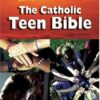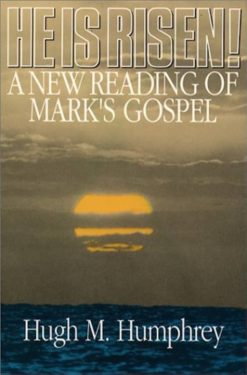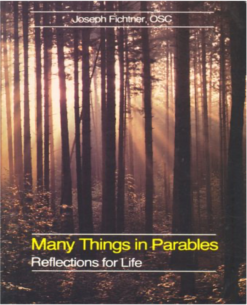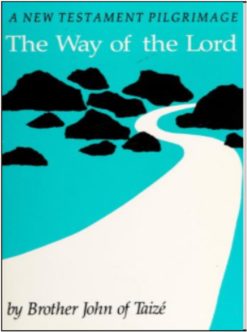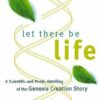In keeping with the fast march of science, the story of Creation in the book of Genesis has come to signify an archaic view of origins without relevance or meaning to modern society. Now understood to be a Bronze Age myth, its verses bear no resemblance to the sequence of Evolution which the sciences show us. But the triumph of science stole something deeper than archaic meaning: it robbed us of wonder and of that sweep of majestic vision represented in Genesis.
If Genesis Chapter One – the Creation story – were rewritten for our time, what would it say? How would a contemporary account present the still-unfolding tale of cosmic change and of life’s evolution on our planet?
Science writer and film producer Robert Fripp brings the Creation story up to date in Let There Be Life, sixty-two verses written in the style of the King James Bible, but influenced by our present knowledge of evolutionary process. Each verse, or group of verses, is followed by an essay in modern English. Let There Be Life is not an attempt to reach a compromise between the literal interpretation of Genesis’ Creation on the one hand, and evolutionary theory on the other. It is the fascinating attempt, in allegorical form, to combine the spirit and the sense of Genesis with the conventional wisdom of current scientific thought.

